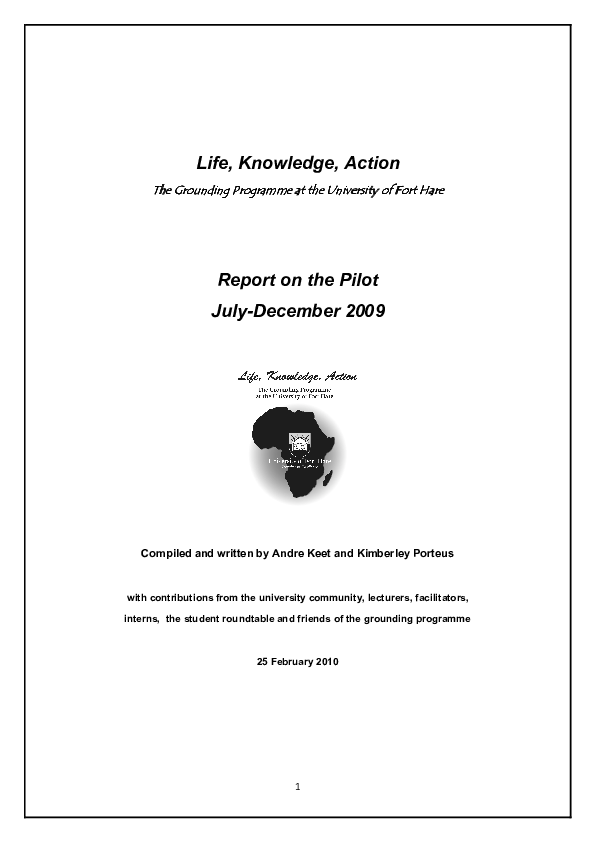In the multifaceted tapestry of human existence, the eternal quest for purpose and significance is woven intricately with the dual threads of knowledge and action. What if, instead of merely existing, one could transcend the ordinary and embrace both the cerebral and the pragmatic aspects of life? The Bahá’í teachings illuminate this endeavor through the profound aphorism: “Two Wings to a Man’s Life: Knowledge and Action.” This principle posits a challenge to the individual—can one flourish fully without harmonizing these elements? The synthesis of knowledge and action is not only a personal imperative but also a societal necessity.
To embark upon this exploration, one must first delineate the concepts of knowledge and action as understood in this spiritual framework. Knowledge, in this context, is not simply the accumulation of facts but encompasses a deeper, more intrinsic understanding of oneself, others, and the universe. It invites the seeker to delve into the metaphysical inquiries that provoke thought and stimulate intellectual curiosity. Conversely, action is the manifestation of this knowledge—an active engagement with the world that reflects an individual’s understanding and ethical convictions.
The interplay between these two dimensions fosters a holistic development of the human being. One might ponder: can knowledge flourish in a vacuum? Indeed, the Bahá’í principles assert that knowledge unadorned by action is ineffectual, akin to a bird attempting to soar with only one wing. Without the requisite commitment to implement what one has learned, knowledge risks becoming stagnant, devoid of transformative power. Consequently, the challenge surfaces: are individuals in contemporary society embracing this symbiotic relationship? Or are they ensnared in a dichotomy where knowledge exists in the academic realm while action is relegated to personal aspirations?
One cannot underestimate the ethical implications of this duality. Knowledge devoid of action can lead to nihilism; conversely, action without knowledge may yield chaos. The Bahá’í teachings elucidate that the pursuit of knowledge must be guided by moral considerations, ensuring that individuals contribute to the betterment of humanity. This ethical framework posits that as one seeks knowledge, it should be coupled with a conscious commitment to apply such understanding for the common good.
The ramifications of this duality manifest profoundly within various dimensions of societal functioning, particularly in spheres such as governance, education, and community development. When leaders harness both wisdom and actionable strategies, they create an environment conducive to sustainable progress. Take education, for instance; the best educational models intertwine theoretical knowledge with practical experiences, preparing students not merely to excel academically but also to effectuate meaningful change in their communities.
Community development initiatives exemplify this principle as well. Effective programs are those that educate participants while simultaneously empowering them to implement their learning in tangible ways. This creates a cycle of knowledge and action wherein informed individuals contribute to societal progress, thereby reaffirming the importance of this dual trajectory.
However, significant challenges arise as societies grapple with the adoption of this integrative approach. The predominance of materialism, with its emphasis on financial gain over altruistic endeavors, often propels individuals toward actions bereft of deeper reflection or ethical grounding. In such a milieu, the quest for knowledge may take on a superficial dimension, prioritizing expertise over wisdom. Herein lies the risk: without a concerted effort to balance knowledge with action, one may inadvertently perpetuate cycles of exploitation, inequity, and discontent.
Encouraging introspection and critical thought becomes imperative as individuals confront these intricacies. How can one ensure that their pursuit of knowledge remains aligned with a commitment to actionable principles? Engaging with the teachings of the Bahá’í Faith offers a pathway through this labyrinth. Community forums, study circles, and collaborative projects provide both structure and support for individuals seeking to embody this ideal in their lives. These spaces allow for the exchange of ideas, fostering a culture where knowledge is continually refined and practiced.
Moreover, the concept of “servant leadership” emerges as a pivotal theme in this discourse. A leader who embodies both knowledge and action serves their community with humility and purpose. They exemplify the characteristics of effectiveness and ethical grounding, inspiring others to engage in the pursuit of knowledge while catalyzing positive change. This not only enhances the quality of leadership but also cultivates an environment where collective growth is prioritized.
In contemplating the implications of these dual wings in one’s life, it becomes essential to recognize that the balance of knowledge and action is not merely a personal endeavor but a collective pursuit that can reshape societal paradigms. Embracing this philosophy invites individuals to engage actively with the world, pursue transformative knowledge, and apply it in ways that uplift themselves and their communities.
In conclusion, the Bahá’í teachings on the duality of knowledge and action serve not only as a philosophical guide but also as a practical framework for living authentically and purposefully. As society continues to evolve amid unprecedented challenges, the imperative to harmonize these elements becomes increasingly apparent. Will individuals rise to the occasion, embracing the challenge of nurturing both wings in their lives? The potential for profound change hinges upon this delicate balance, beckoning a future where knowledge and action coexist in a dynamic interplay, elevating the human experience toward a shared vision of unity and progress.
